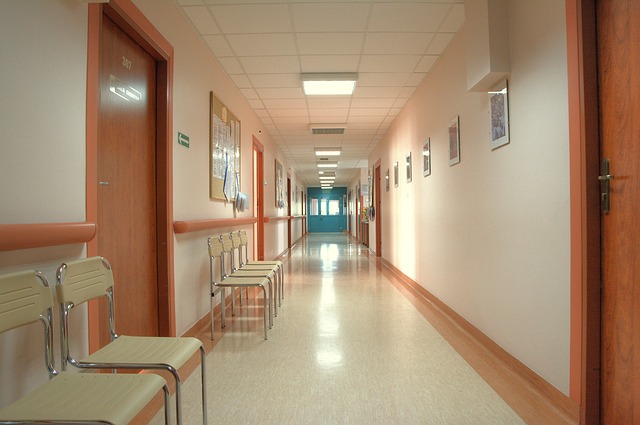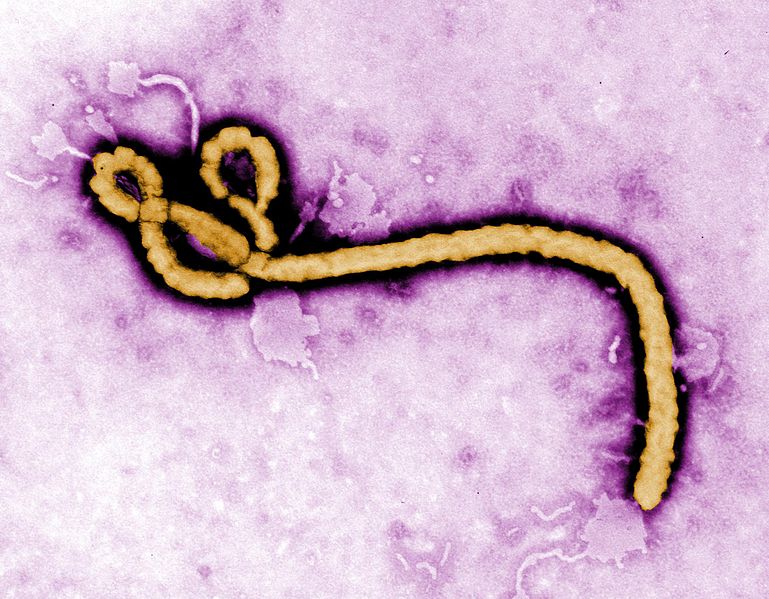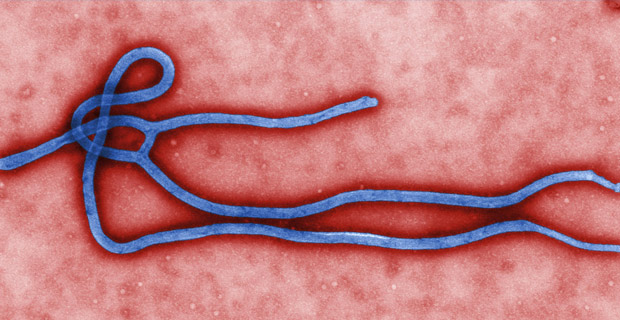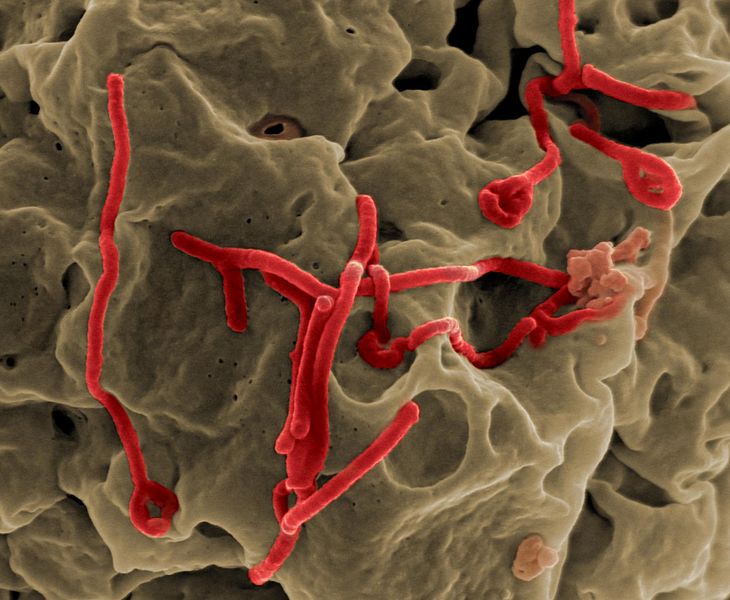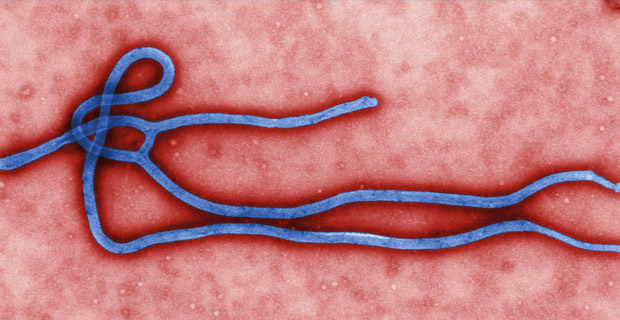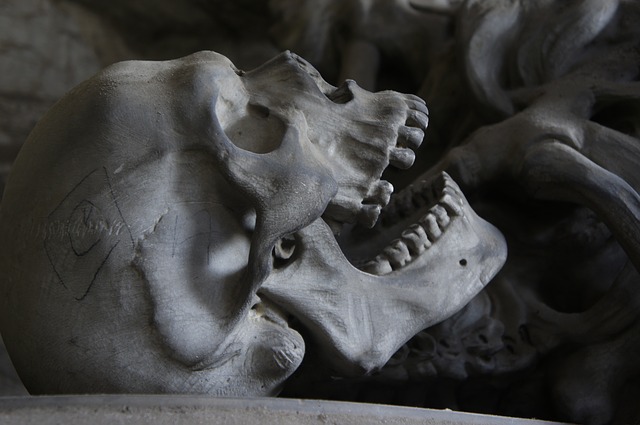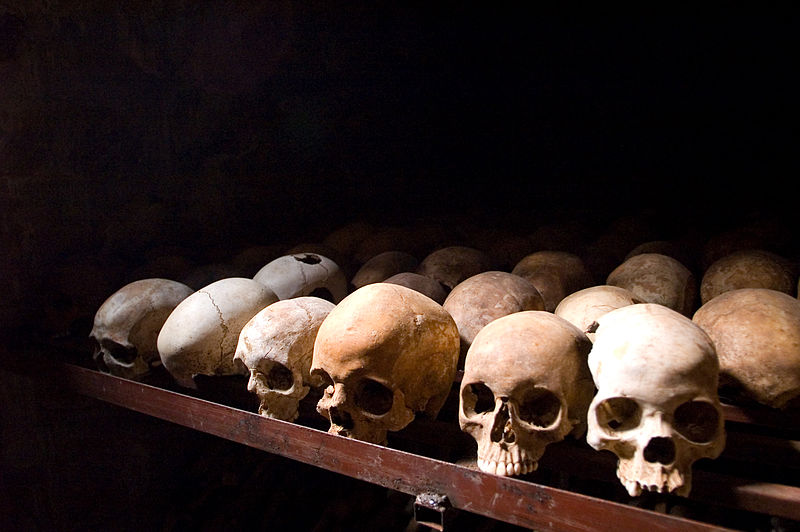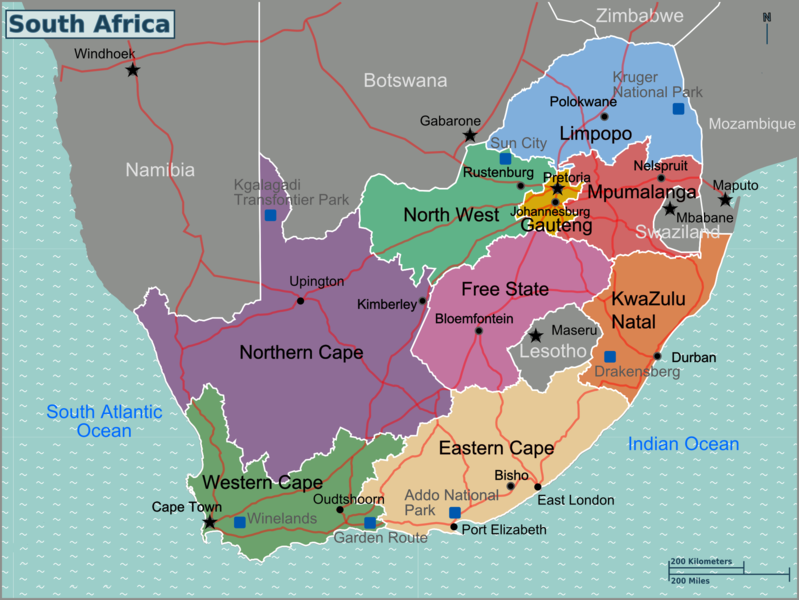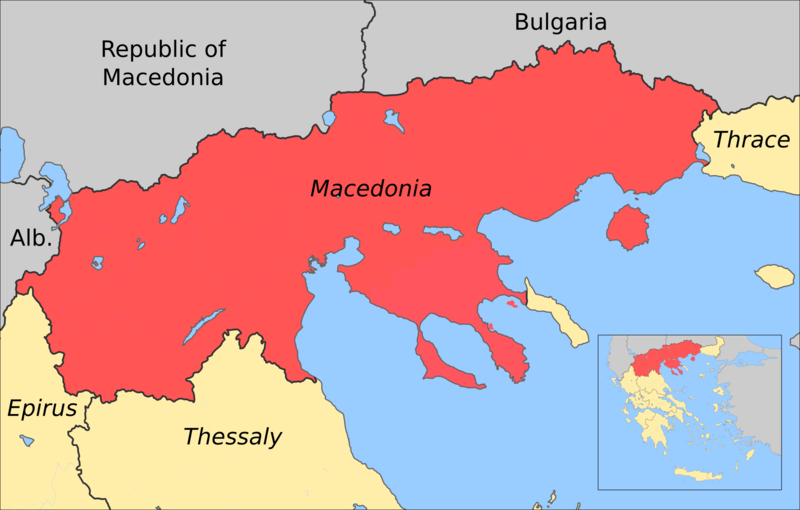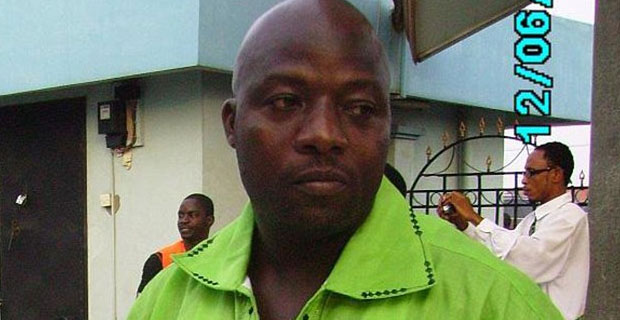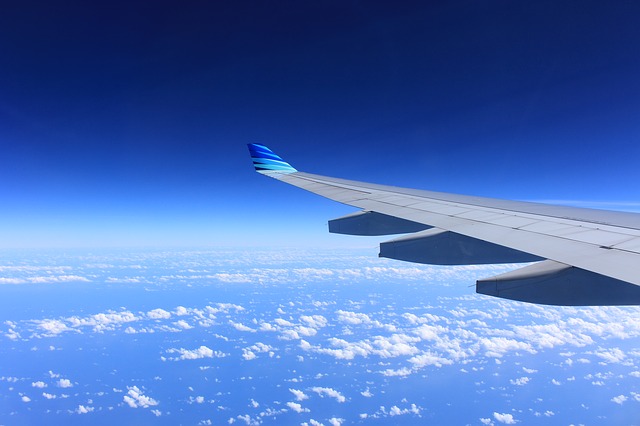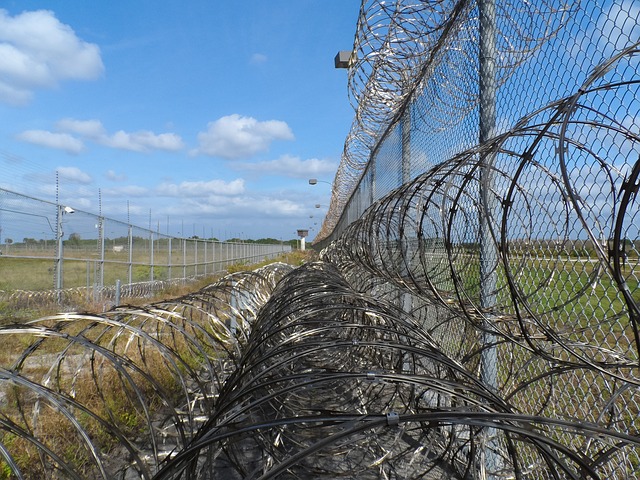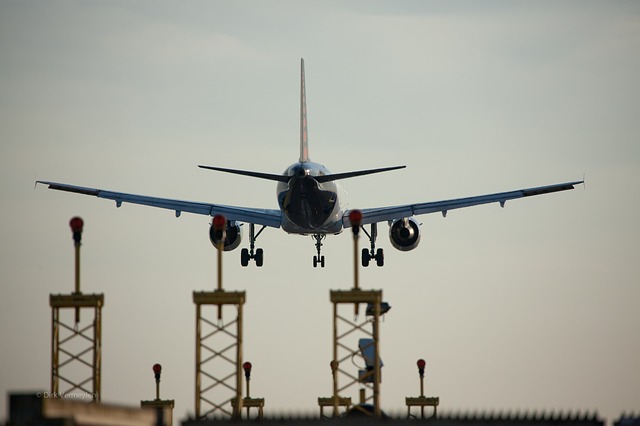Nurses at Texas hospital: ‘There were no protocols’ about Ebola
“The guidelines were constantly changing” and “there were no protocols” at Texas Health Presbyterian Hospital Dallas as the hospital treated a patient with Ebola, the president of National Nurses United told reporters Tuesday. Protective gear nurses wore at first left their necks exposed, union co-president Deborah Burger said, citing information she said came from nurses at the hospital. Union officials declined to specify how many nurses they had spoken with.
